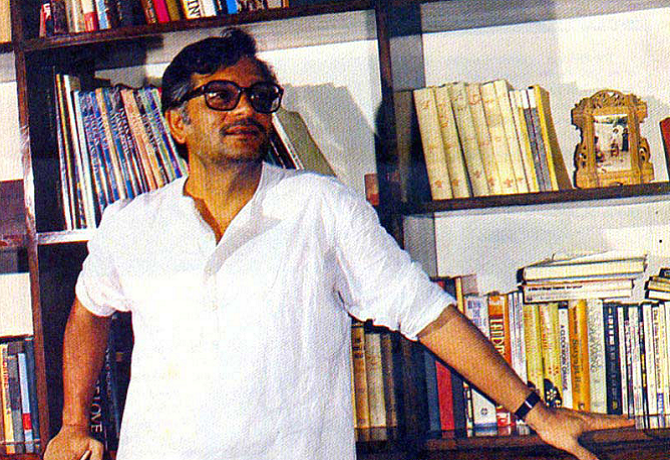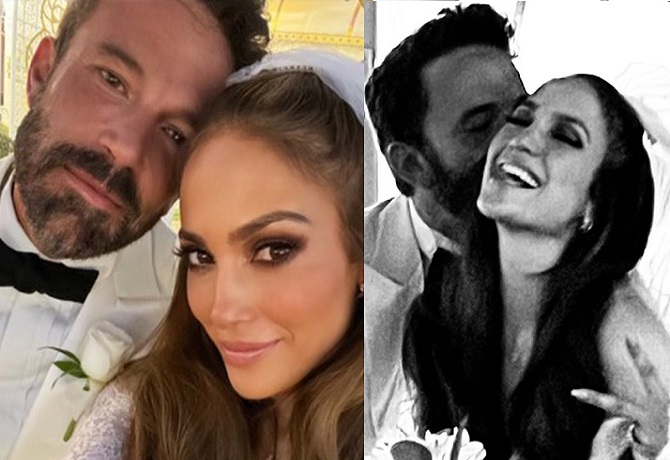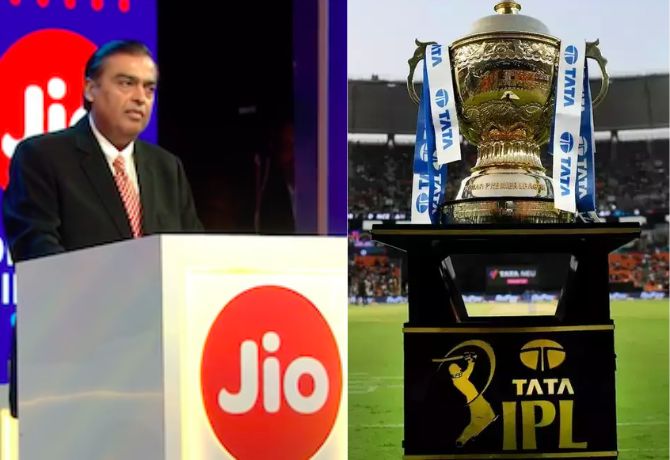Born as Sampooran Singh Kalra in 1934 in Pakistan’s Punjab in pre-independence India, Gulzar and his family were among the many victims of Partition which he reflects in his work. The family moved to Amritsar but Gulzar came to Bombay and began to work as a garage mechanic while writing poetry in his spare time. Gulzar had started writing from a very young age and was often been rebuked by his father for being a writer.
An eminent lyricist, director and poet, Gulzar’s poetry makes you feel euphoric and takes you to a divine world. One thing that is unique about him is that from the 60s till date- he has been able to move and contribute staying relevant to time with an old world charm. He always wins in captivating us with his words.
He began work in Hindi Cinema as an assistant to Bimal Roy. Later, he started his career as a songwriter with the renowned music director S. D. Burman for the movie Bandini. With ‘Mere Apne’ in 1971, Gulzar donned the role of a filmmaker and went on to make ‘Parichay’ (1972).
The famous Gulzar-Sanjeev Kumar partnership resulted in films like ‘Koshish’ (1972), ‘Aandhi’ (1975), ‘Mausam’ (1975), ‘Angoor’ (1981) and ‘Namkeen’ (1982) and took the unique Sanjeev Kumar to greater heights in the India film industry.
He has dealt with the topics of marriage and extra-marital affairs with an open mind. For the first time, an Indian filmmaker didn’t bind his characters in a moral compass and presented them in a poetic shade in movies like Ijaazat (1987) and Libaas (1988).
His poetry has been published in three compilations: ‘Chand Pukhraaj Ka’, ‘Raat Pashminey Ki´ and ‘Pandrah Paanch Pachattar’ (15-05-75). His short stories are published in ‘Raavi-Paar’ (also known as ‘Dustkhat’ in Pakistan) and ‘Dhuan’(smoke). He is also credited with having created a new type of stanza in Urdu poetry named ‘Triveni’ (stanza of 3 lines).
He was awarded Padma Bhushan in 2004, the third-highest civilian award in India, the Sahitya Akademi Award and the Dadasaheb Phalke Award — the highest award in Indian cinema. He has won one Academy Award and one Grammy Award.



